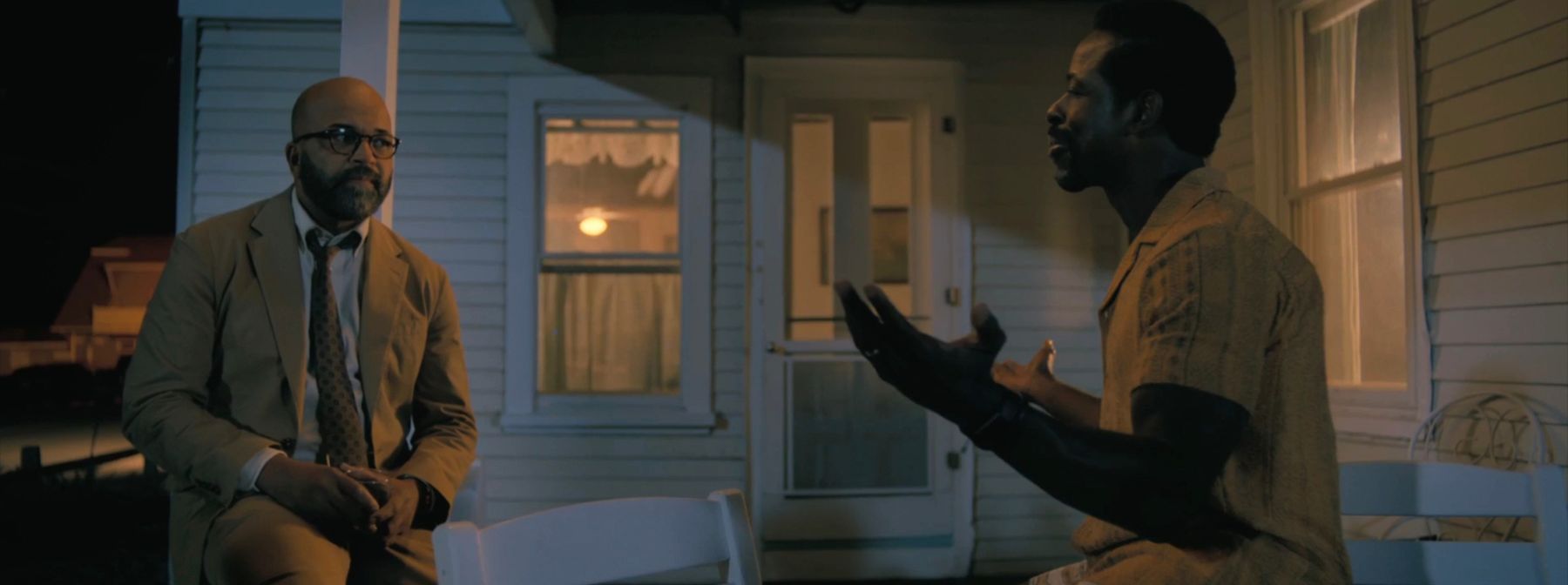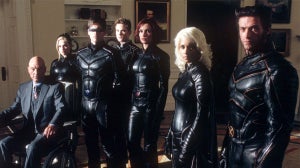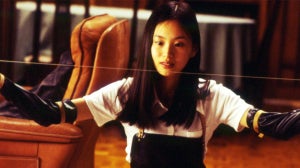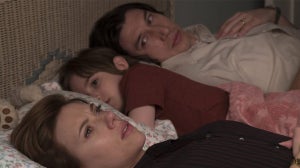
Writer/director Cord Jefferson discovered the 2001 satirical novel Erasure at exactly the right time in his life.
“Three months before I discovered the book, a TV show I’d been trying to get made for years was killed at the last minute”, he told Zavvi. “And I got a note on a script back from a network executive who suggested that I needed to make a character “Blacker” – but nobody could indulge me and explain just what it was they meant by that, it was a conversation they wanted to avoid.
“There’s a real lack of perspective in what Black writers go through, and the limitations placed upon them, which resonated deeply when I discovered this novel. But even outside of that, the similarities with my life began feeling eerie; I’d had personal experience caring for my mother, who also had a terminal illness, and I have a very similar dynamic to my siblings as Monk, the protagonist, does.
“Discovering it at that moment, it felt like somebody had written a novel just for me, as a gift.”
Jefferson’s adaptation of the book, American Fiction, has propelled the first-time filmmaker – previously an Emmy winner for his work as a writer on HBO’s Watchmen – into the big leagues, culminating in five Oscar nominations including Best Picture. Part-industry satire, part-heartfelt family drama, the film follows Monk (Jeffrey Wright), a cantankerous college professor struggling to get his latest novel published.

As a drunken joke, he writes a draft of a crime novel rife with racial stereotypes, which he believes will be the ultimate middle-finger to the white publishers who rejected his work. To his horror, it generates immediate interest, and he has to develop a hardened criminal alter-ego to keep the ruse alive, all whilst juggling demons in his personal life.
Roughly 50 pages into reading the novel for the first time, Jefferson started reading it in Wright’s voice, an unusual development considering how much personal reverence this story had for him.
“But I know I cast this film perfectly”, he added, “because my brother is in town, and he came to see me when I had a break at this junket. But he mistook Jeffrey Wright for me!”
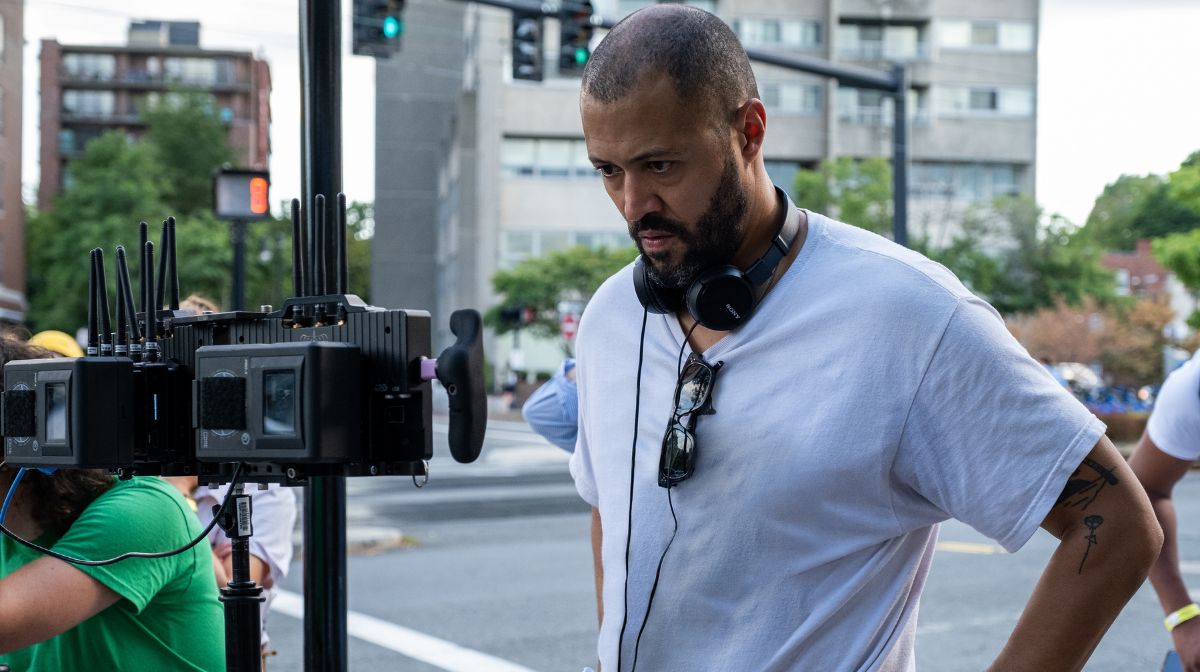
Wright is incredibly grateful that Jefferson was thinking of him, not least because he’s received his first ever Oscar nomination for the role – but he still can’t fully understand why he was the top choice.
He told Zavvi: “The character is reasonably smart, but he’s also misanthropic, angry and arrogant; a very frustrating person to be around. I don’t know why Cord saw that in me – I hope he thought that it would be a stretch for me to embody those traits!
“When I first met Cord, he told me about the overlap he had with the story, and upon reading it, I had the same experience. The best part about working in film is the collaboration, but it could be the worst depending on who you’re working with; here, we were on the same page, as this personal story for him became one that was very personal for me as well.”
The movie is being marketed entirely on its satirical elements, which may catch some audiences off guard; the opening half-hour affords equal, if not more, weight to a family drama the cast see as more “universal”.
Wright explained: “I certainly related to how the film explores the ways the industry limits who we are and what we’re capable of as artists, but it was the family drama I had the deepest connection to. Me and Cord have similar experiences here; my mum passed away about a year or so before I was sent the script, and just like the character, I played caretaker to her during those final months as she was battling Alzheimer’s.
“I had the good fortune being raised by two women, my mum and my aunt, and let me tell you, being raised by two women is like being raised by ten men! My aunt came to live with me and my kids after my mom passed, so I was living a reality that was very similar to what that this character finds himself within, which struck me in an intimate way.

“It’s a reality many of us know or will know at some point, and allows audience members to find themselves inside the story in a way that might be unexpected. There’s a universality people might not be prepared for.”
Wright’s co-star Sterling K. Brown, who plays his self-destructive, recently outed brother Clifford, was similarly attracted to the project because of the family drama – but for completely different reasons.
“I starred on a TV show for six years (This Is Us), where my character was a family man, tasked with keeping things together to a certain extent. So, naturally, I jumped at the chance to go from that to somebody who’s a bit of a hot mess!
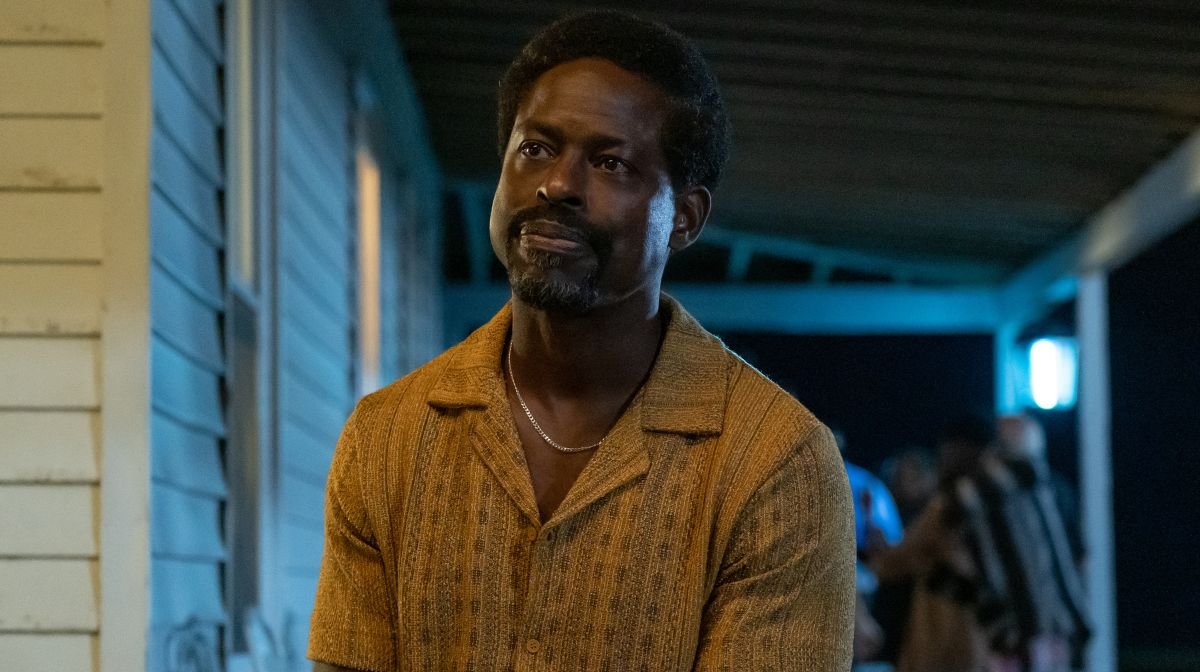
“This is a character who has just come out of the closet after 20 years of marriage, who has completely blown up his life and is embarking on the search for his authentic self in the face of that. I found that appealing; there’s an expectation from that other role that I’m the kind of responsible person who holds things together, so it’s nice to be the one muddying things for once…”
Brown explained that it was the nature of being typecast that made the satire particularly resonate with him.
He continued: “I can relate to Monk’s struggle to be known as a writer in a world that wants to label him a “Black writer”, rather than a writer who just happens to be Black. I love being Black, and I love being an actor, but I hope those two things go together in a way that doesn’t limit the scope of opportunities I’m afforded, be it in front of the camera or on stage.
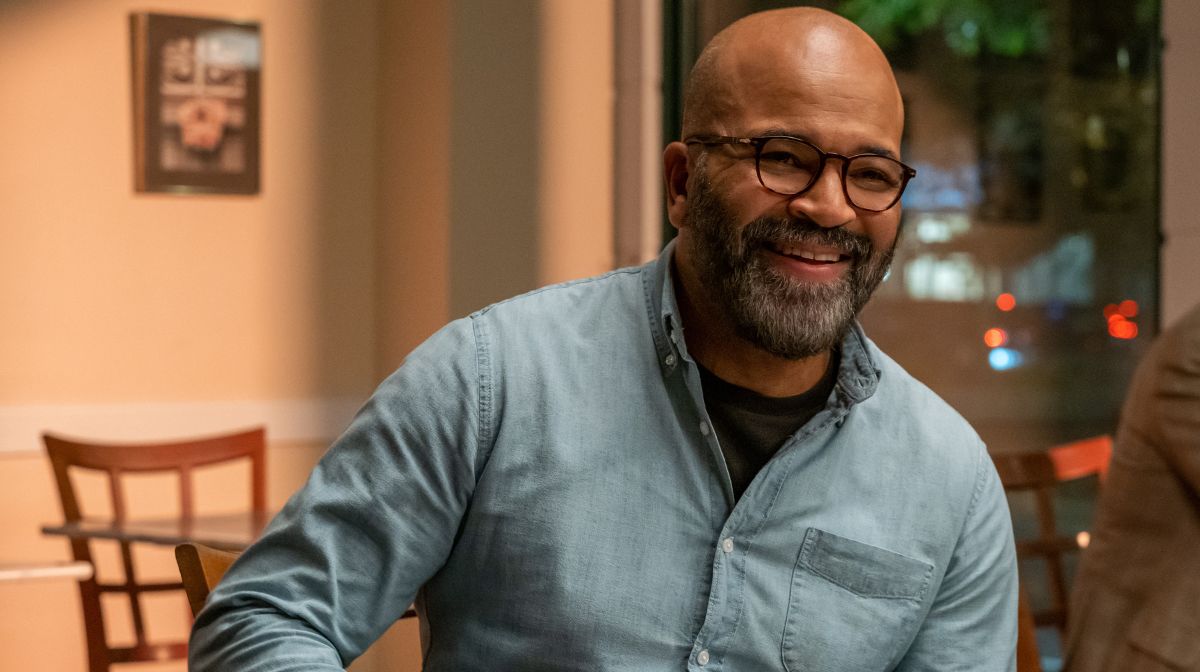
“There’s so much to me, I don’t want to be placed into a box that only offers a narrow idea of what I’m capable of doing. If someone wants to call me one of the best “Black actors” I’ll take the compliment, but I don’t want to be constricted like that – you can just call me one of the best actors!”
The film arrives in cinemas more than two decades after Percival Everett’s source novel was published, and Jefferson is keen to point out that in that time, many advancements when it has come to authentic Black representation onscreen are largely superficial.
“It was only three years ago that I was told to make a character “Blacker”, so although some things are slightly better, we do still have a long way to go. The kinds of Black American stories that studios are willing to finance are the same kinds, being told over and over again, so a lot of what Everett wrote 20 years ago is still resonant now.

“But ultimately, I’m an optimist, and I think there is incremental change all the time. That doesn’t mean that we don’t have a long way to go until we find true equity in this industry.”
Does Jefferson think the Oscar nominations for American Fiction could help a wider variety of Black American stories get funded by major studios?
“I hope so, but on a personal level, I just hope I live up to the potential of being an Academy Award nominated writer, not just have “Academy Award nominee Cord Jefferson” be a prefix on stories about my fall from grace. I don’t want the next thing you read about me to be “Academy Award nominee Cord Jefferson jailed for embezzlement!””
American Fiction is out now in UK cinemas.

